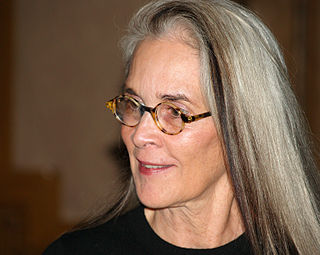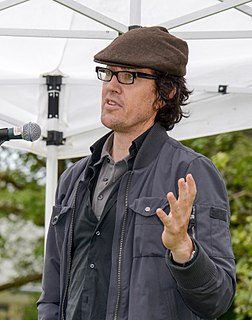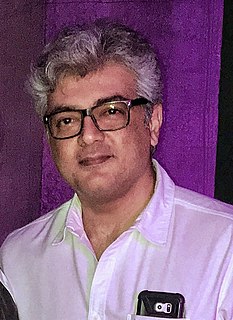Цитата Сюзанны Мур
Я жил в Калькутте пять месяцев в 1999 году. Пока я был там, я прочитал много журналов, дневников, сборников писем и историй.
Связанные цитаты
В доме, который мы купили у моряка, мы нашли письма его жене, которая жила в этом доме. Он отправился в Карибское море на этом торговом судне, привозя соленую рыбу. Будут написанные от руки письма, а также телеграммы, в которых будет указано, в каких портах он находится. И его не будет три месяца. Так оно и есть.
Мысли создаются в процессе письма. [Это миф, что] вам нужно что-то сказать, чтобы писать. Реальность: Вам часто нужно писать, чтобы иметь что сказать. Мысль приходит с письмом, а письмо может никогда не прийти, если оно будет отложено до тех пор, пока мы не будем удовлетворены тем, что нам есть что сказать ... Утверждение «напиши сначала, посмотри, что ты должен был сказать позже» применимо ко всем проявлениям письменного языка, к письмам. ...а также к дневникам и журналам
Германия была парламентской демократией, в которой много-много гуманных и порядочных людей писали в своих журналах - я читал эти журналы, эти мемуары - "Наверняка наши вожди прекратят эту чушь. Наверняка кто-нибудь возьмется за этих головорезов. Наверняка маятник отвернется». Все сидели дома и говорили: «Ну, они не пришли за мной. Это безумие, но наверняка кто-то позаботится об этом». Мы все должны позаботиться об этом.






































